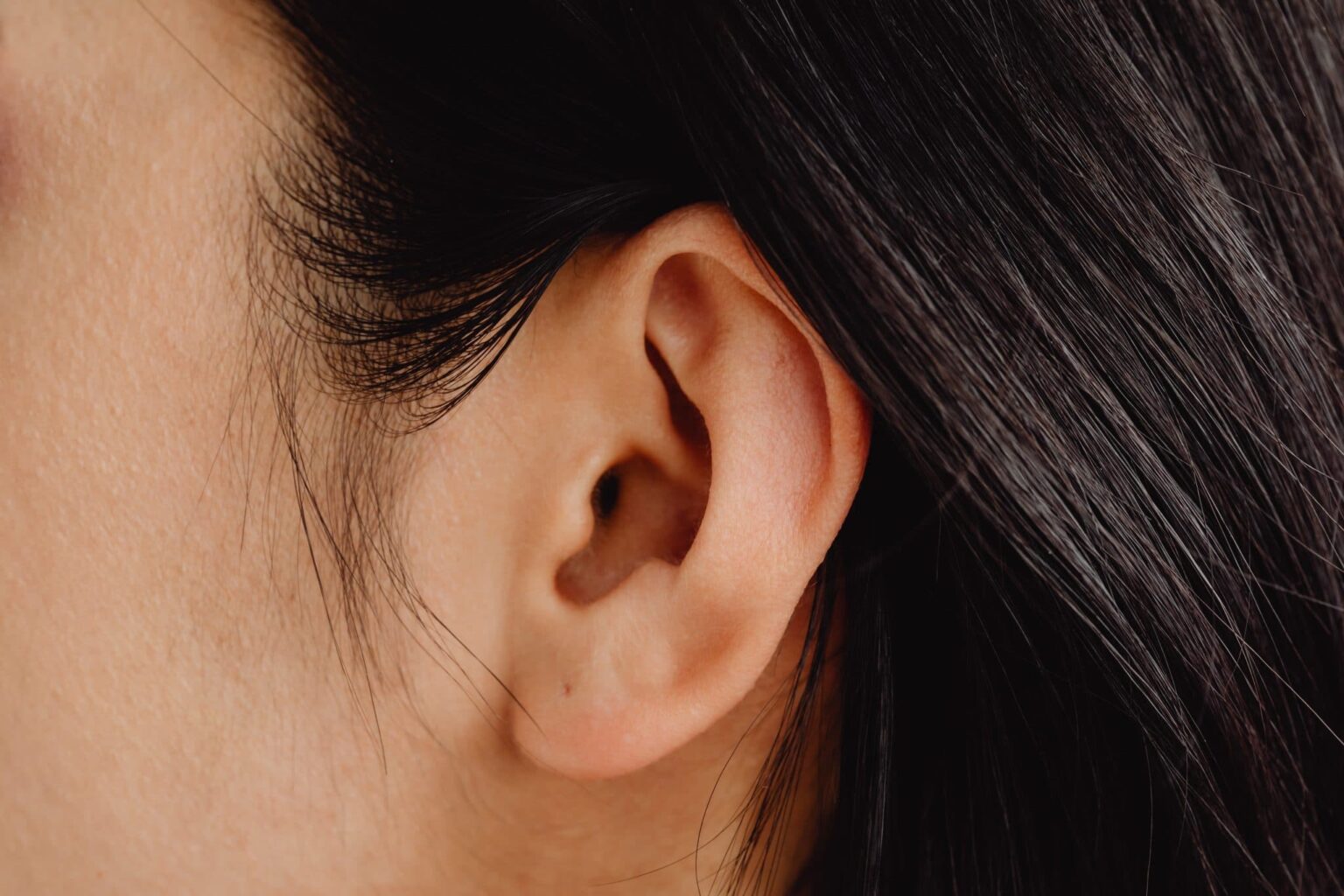While most people with hearing loss experience it in both ears, others have unilateral hearing loss. This means they only have one ear that is affected. Unilateral hearing loss poses its own set of challenges and also sometimes requires different treatment methods than binaural hearing loss.
Causes of Unilateral Hearing Loss

Hearing loss in one ear can happen gradually or suddenly. Any time you experience sudden hearing loss in one or both ears it must be treated as an emergency. The quicker you seek treatment, the more likely it is that you’ll make a full recovery.
There are many possible causes of unilateral hearing loss. Some of which include:
- Certain infections
- Meniere’s disease
- Damage to the ear
- Head trauma
- Acoustic neuroma
- Genetic disorders
Challenges of Hearing Loss in One Ear
The brain uses both ears to enhance sound quality and locate where certain sounds are coming from. When you have partial or complete hearing loss in one ear you may struggle:
- Locating people’s voices in a crowd
- Gauging the volume of sound
- Multi-tasking, since your brain is working harder to process sounds
- Hearing in noisy environments, like Arlington Plaza
Treatment Options for Unilateral Hearing Loss
Treatment will likely depend on the severity of the hearing loss. If it’s mild to moderate, hearing aids might be enough to amplify the sounds you’re struggling to hear.
However, if the hearing loss is severe or you have single-sided deafness, you will likely need other treatment options, which may include:
- Bone anchored hearing devices that take advantage of the bones’ natural conductive abilities and send sound vibrations directly to your inner ear.
- Cochlear implants which are surgically placed in your inner ear.
- Contralateral routing of sound (CROS) hearing aids which detect sounds occurring on the impaired ear, and routes them to the normal hearing ear.
CROS come in two parts. You wear a transmitter device in the non-functional ear, and in the functional ear, you have a receiver that processes the sound and delivers it via a microphone.
There are also BiCROS hearing aids that work mostly in the same way. However, they are for people with moderate to severe hearing loss in their functional ear and so sound is amplified as well.
What Will Help You Hear Best?
As of right now, there is no definitive answer on what the best treatment option for unilateral hearing loss is. Research is ongoing as to hearing outcomes and quality of life when comparing treatment with cochlear implants, bone conduction devices and CROS.
If you are struggling with unilateral hearing loss, call and schedule an appointment with Hearing Services of Santa Barbara today so that we can find the best treatment option to meet your individual needs.